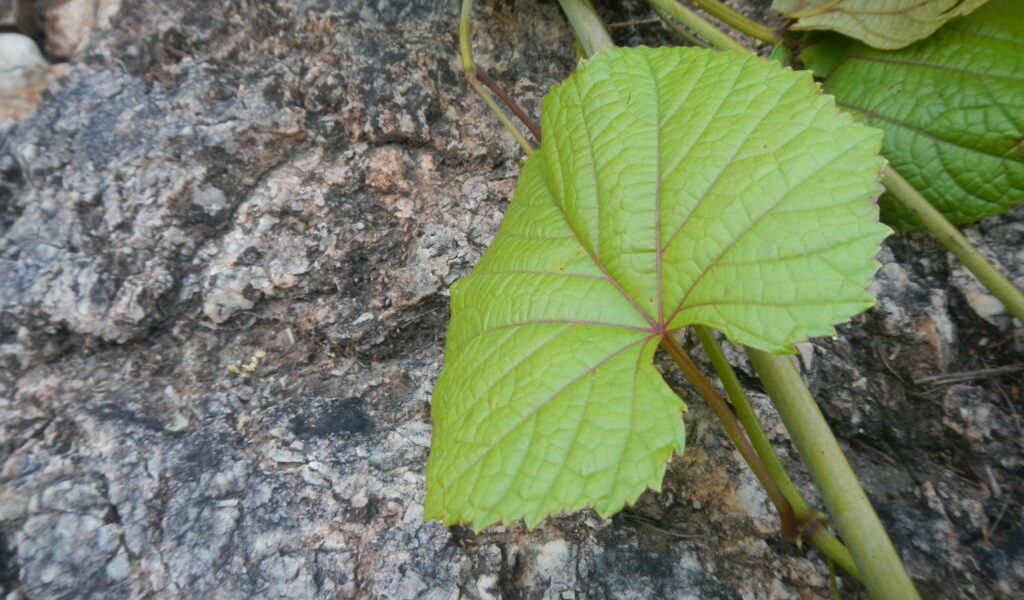
When a SpaceX Falcon Heavy blasts off on a plume of white smoke, hot gases shoot out of its 27 engines, creating a thrust equal to 18 Boeing 747 Aircraft. Upon reaching orbit, the world’s heaviest operational rocket will have burnt about 400 metric tonnes of kerosene and emitted more CO2 in a few minutes than an average car would in more than two centuries. That kind of shock to the atmosphere is stocking concerns about the impact that launching into orbit has on Earth, and it’s about to get worse.
Fueled by surging data transmissions and the race for commercial space flights between Elon Musk’s Space Exploration Technologies Corp., Jeff Bezo’s Blue Oigin LLC and Richard Branson’s Virgin Galactic Holdings Inc., the number of launches are expected to increase tenfold to roughly 1000 annually in the coming years.
While there are no regulations on rocket emissions, a new generation of space pioneers are taking it upon themselves to develop launchers to make leaving the atmosphere less damaging to the planet. “Climate change is real, and we don’t want to make it worse.’ The startup uses bio-propane that it claims can cut CO2 emissions by 90% compared to traditional launch fuel. Besides Green house Gas pollution, kerosene fueled rockets transport large amounts of Black Carbon, also known as ‘Soot’, into the upper layers of the atmosphere, it remains for a long time, creating an umbrella that may add to global warming.
The urgency to clean up rocket emissions is intensifying. Last year the space industry launched 443 satellites. Planned mission to Moon and Mars will increase the strain on the environment. Orbex plans to have its ‘Prime’ rocket take it’s maiden flight at the end of 2021. In addition to cutting CO2, the rocket will completely avoid Black Carbon. Reducing soot and CO2 by 25% to 40% is more realistic. The rocket also scheduled to lift off in late 2021- will decrease soot pollution by using a liquid fuel based on a light hydrocarbon.
Matter referenced:
Times of India, Ahmedabad, Monday, 3rd February, 2020.
By: Dr. Bhawana Asnani.
Happy to see Reviews, Additions, Suggestions and Comments, further.

Hurrah, that’s what I was exploring for, what a information! existing here at this web site, thanks admin of this web site.|